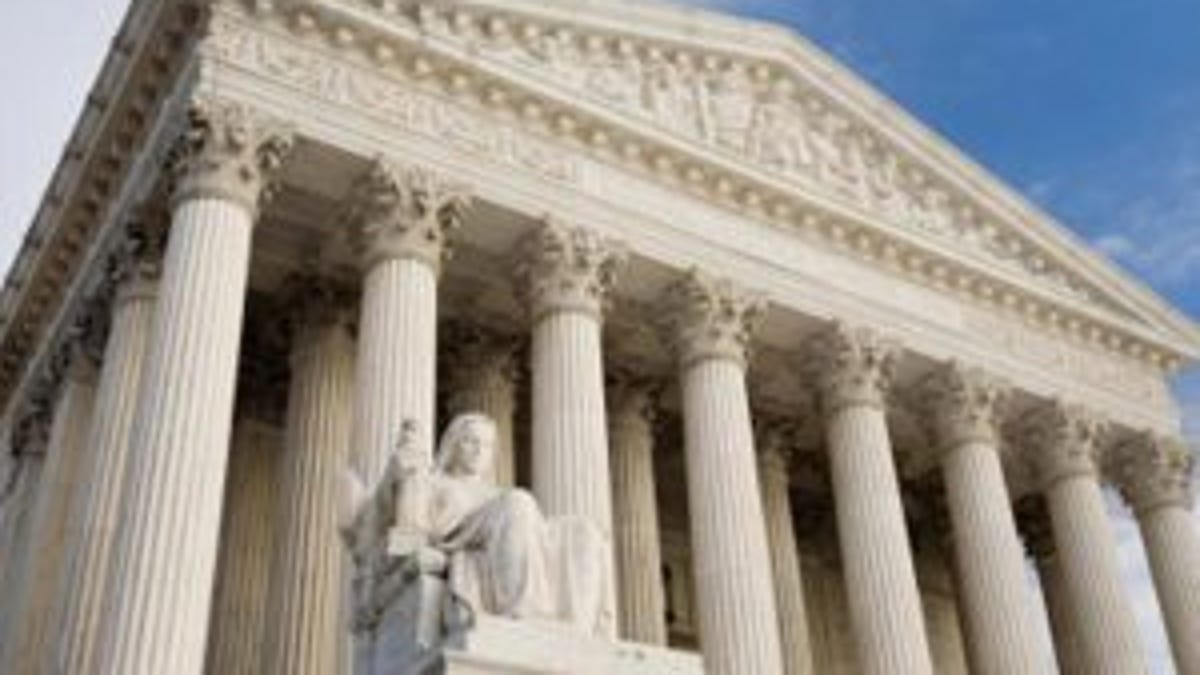Police need warrant for GPS tracking, high court rules
The Supreme Court unanimously rules that warrantless GPS tracking of people in automobiles violates the U.S. constitution.

The Supreme Court struck down the U.S. government's argument that it can use GPS to track a suspect's vehicle without a warrant.
In a unanimous decision, the court said the Fourth Amendment protection of "persons, houses, papers, and effects, against unreasonable searches and seizures" would be violated if law enforcement agencies were allowed to attach a GPS location to a suspect's vehicle without obtaining a warrant.
Justices Antonin Scalia, Anthony Kennedy, Clarence Thomas, Sonia Sotomayor, and Chief Justice John Roberts sided with that opinion. Justices Ruth Bader Ginsburg, Stephen Breyer, Elena Kagan, and Samuel Alito issued opinions saying that the tracking violates a person's "reasonable expectation of privacy." Ultimately, however, all the judges agreed with the final decision to require warrants for GPS tracking.
The Obama administration might not be too happy to hear of the decision. It has argued that a warrant should not be required to track vehicles with GPS technology.
The decision involved a case in which District of Columbia police placed a GPS tracking device on the car of suspected cocaine dealer Antoine Jones. Following a conviction, the U.S. Court of Appeals for the District of Columbia in 2010 threw it out, saying that a warrant was required to track Jones and fellow defendant Lawrence Maynard.
"A reasonable person does not expect anyone to monitor and retain a record of every time he drives his car, including his origin, route, destination, and each place he stops and how long he stays there; rather, he expects each of those movements to remain 'disconnected and anonymous,'" circuit judge Douglas Ginsburg wrote in his ruling at the time.
The Supreme Court's ruling will have a profound impact on law-enforcement agencies. During the Supreme Court proceedings, it was revealed that police are planting GPS bugs on vehicles thousands of times a year to facilitate an investigation. For their part, police have argued that GPS devices are an integral component in an early-stage investigation to achieve the probable cause needed to obtain a warrant. Last year, prosecutors appealing the Appeals court's decision to overturn Jones' conviction said that the ruling "seriously impedes the government's use of GPS devices at the beginning stages of an investigation when officers are gathering evidence to establish probable cause."
Update 8:55 a.m. PT to include background details.

